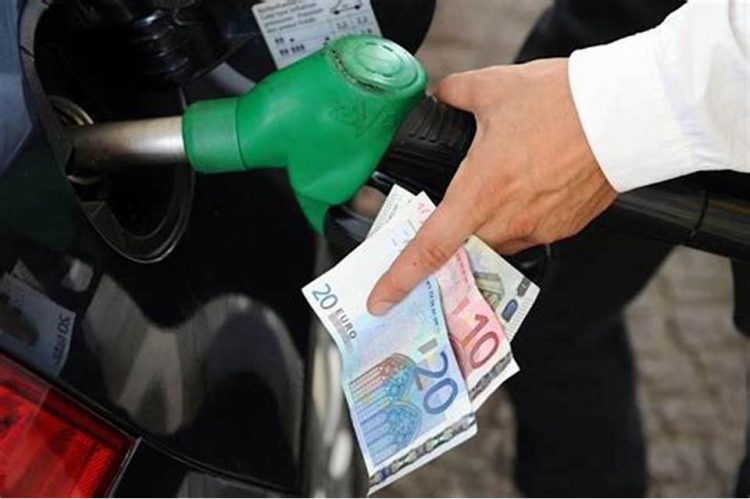Publisher: Maaal International Media Company
License: 465734
As the weekend approaching, dismayed by US increasing inventories, contrary to expectations
Oil Prices Retreat, a Warrior-like Break
اقرأ المزيد
Following strong gains over the past 2-day on geopolitical tensions and terrorist attacks and explosions, it appears that oil prices have slipped slightly from a 7-year high, in anticipation of US inventory data to be released.
Data related to US crude oil inventories were released, as they recorded an increase of 515,000 barrels, while expectations were to drop by 938 thousand barrels, while the previous reading recorded a decrease of 4.55 million barrels.
West Texas Intermediate is now trading at levels of $86.44 a barrel, up 0.75%, while Brent blend, the world benchmark, is rising 0.5% to record $88.6 a barrel at these moments.
The data of the American Petroleum Institute revealed that crude oil inventories in the United States rose by 1.4 million barrels, during the week ending on the 14th of January.
Gasoline stocks increased by 3.5 million barrels during the past week, while distillate stocks decreased by 1.2 million barrels, the American Institute said, in its weekly report.
The market is awaiting the announcement of official data on stocks by the US Energy Information Administration, where it is expected that oil stocks will decline by about 700 thousand barrels.
“The short-term supply disruptions, in conjunction with geopolitical tensions contribute to tightening conditions, in the oil market,” analysts of the ANZ banking group noted.
The International Energy Agency expected global oil demand to recover to pre-pandemic levels, in 2022, but at the same time it warned that the supply of crude will exceed demand for a short period.
“OPEC +” is failing to reach its production quotas, Edward Moya, chief analyst at foreign exchange trading firm OANDA claimed.
If geopolitical tensions continue to escalate, Brent blend will not need a major boost until it reaches $100 a barrel.
However, if OPEC was disciplined and wanted to keep the market tight, it could raise prices to $100, while oil could temporarily reach over $90 this year, Claudio Galimberti, senior vice president of analysis at Rystad Energy predicted.
But the geopolitical risks in the region indicate that the Iran-US nuclear deal is no longer on the table for the foreseeable future, which means that Iranian oil will remain outside the market, Louise Dixon, senior oil market analyst at Rystad Energy pointed out.
In the light of expectations that some producers will pump crude, at or above the highest levels ever, OPEC maintained its forecast for the growth of global demand for oil in the new year unchanged, at 4.2 million barrels per day, considering the moderate global economic recovery.
This unfolded in its report for the month of January, and the organization expects the global demand for oil to grow, in 2022, to hit 100.8 million barrels per day, after it reached 96.6 million barrels in 2021.
Oil supplies from non-member countries will rise in 2022 by 3 million barrels per day, and these expectations remained unchanged, compared to expectations in the previous report, OPEC suggested.
Why did the prices rise so strongly?
It started with freezing temperatures and an energy crisis, in Europe, as well as renewed concerns about a deficit in rising demand.
In addition, there are the negotiations stumbled over the Iranian nuclear file accord, which makes the return of oil flows from Iran out of reach, at the present time.
Side by side, the Russian invasion of Ukraine, appears to be closer than ever, as US surveys confirmed that Russian forces are ready to carry out a lightning attack or a blitz.
To add salt to the wound, the United States and NATO are likely to confront Russian expansion with a package of sanctions against one of the world’s largest oil producers.
The brutal terrorist attack by the Houthi group on the Musaffah area, in Abu Dhabi, has sparked a price hike after the oil-rich area was affected by the attack, and the Emirati oil company ADNOC said that it had done the necessary plans for business continuity, to ensure reliable supplies of products to its customers, in the UAE and around the world.
The Turkish state company Botas announced that it had stopped the flow of oil through the Kirkuk-Ceyhan pipeline following an explosion, in southeastern Turkey, however it has since announced pumping resumption.
Thus, the oil pipeline is operational, now, after taking the necessary precautions to redress the glitch.








